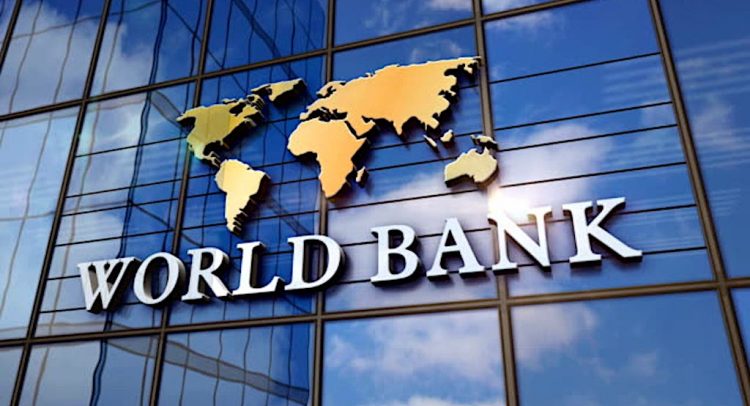The World Bank Board of Executive Directors, approved $360 million from the International Development Association for the Second Resilient Recovery Development Policy Financing operation in Ghana.
The operation is part of a broader World Bank engagement for crisis response and resilience in the country, and it is hoped the new investment will provide macroeconomic stability and sustainable conditions for job growth in Ghana.
Along with providing stability and fiscal sustainability, other objectives of the operation are to improve energy sector financial discipline, ensuring efficient management and operations, and strengthen social and climate resilience to foster sustainable development.
Ghana’s Minister for Finance, Cassiel Ato Forson, said the operation has “strengthened macroeconomic stability, restored investor confidence, and laid a solid foundation for sustained economic recovery and inclusive growth,” and that the measures will “help our efforts to enhance fiscal discipline and build a more resilient and inclusive economy, capable of withstanding future shocks.”
Historically, Ghana has relied upon international loans and donations for economic development, especially in the 20th century after independence.
Earlier in June, 2025 the Bank of Ghana expressed confidence in Ghana’s economy when it said that the Ghanaian cedi is stable after it appreciated in value by 19% between April and May, 2025 against the US dollar.
However, the Bank of Ghana said that stability is not enough given the inflation rates within the country, and the uncertain international economic outlook.
Division Director for Ghana, Liberia and Sierra Leone for the World Bank, Robert Taliercio, echoed this sentiment, saying that “Entrenching fiscal and debt sustainability, improving the business environment to attract investment and create jobs, addressing the long-rooted energy sector challenges, and protecting the most vulnerable – measures supported by this financing – continue to be urgent priorities for Ghana.”
He also said these are “essential steps” in dealing with domestic problems within Ghana, adding that “We look forward to continuing to support Ghana to accelerate and deepen these reforms going forward.”
By James Reinhardt


